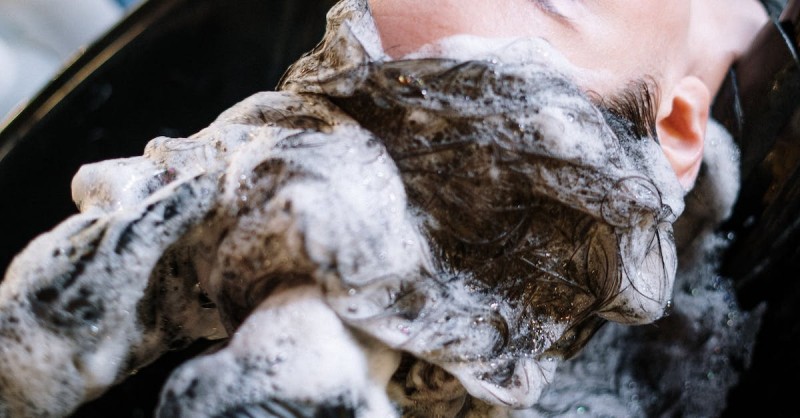
When it comes to hair care, selecting the right shampoo is crucial. One key factor to consider is your hair porosity. But what exactly is hair porosity, and how does it influence the type of shampoo you should use? Let's dive into this essential aspect of hair care.
Hair porosity refers to your hair's ability to absorb and retain moisture. It is determined by the structure of your hair cuticle, the outermost layer of each hair strand. Hair porosity can be classified into three main categories:
Low porosity hair has a tightly packed cuticle layer that resists moisture absorption. It often feels smooth and shiny but can be challenging to hydrate.
Normal porosity hair has a balanced cuticle structure, allowing it to absorb and retain moisture effectively. It is generally healthy and easy to maintain.
High porosity hair has a cuticle layer with gaps and holes, making it prone to absorbing too much moisture. It can appear frizzy, dry, and damaged.
Now that we've defined hair porosity let's explore how it influences your choice of shampoo:
- Look for Clarifying Shampoos: Low porosity hair tends to accumulate product buildup easily. Clarifying shampoos help remove residue and open the cuticles for better moisture absorption.
- Avoid Heavy Formulas: Thick, creamy shampoos can weigh down low porosity hair. Opt for lightweight, sulfate-free options that won't over-moisturize.
- Maintain Balance: Normal porosity hair benefits from a balanced routine. Use a gentle, hydrating shampoo that neither strips away moisture nor overwhelms with it.
- Consider Your Specific Needs: If you have color-treated or curly hair, choose shampoos tailored to those needs while keeping your hair's porosity in mind.
- Moisturizing Shampoos: High porosity hair craves moisture. Look for shampoos with hydrating ingredients like shea butter, glycerin, or hyaluronic acid.
- Repair and Strengthen: High porosity hair is often damaged. Shampoos with proteins can help strengthen the hair structure and reduce frizz.
pH Balance: Regardless of porosity, opt for shampoos with a pH level close to your hair's natural pH (around 4.5 to 5.5) to maintain a healthy scalp and cuticles.
Avoid Sulfates: Sulfates can strip away natural oils, which is especially detrimental for low porosity hair. Choose sulfate-free shampoos for a gentler cleanse.
Trial and Error: Hair care is not one-size-fits-all. Experiment with different shampoos and observe how your hair responds to find the perfect match.
Consistency Matters: Stick to a consistent hair care routine to see the best results. Shampooing too frequently or infrequently can disrupt your hair's natural balance.
In conclusion, understanding your hair porosity is a valuable step in achieving healthy, vibrant hair. By selecting the right shampoo that caters to your specific porosity level, you can enhance moisture retention, reduce damage, and maintain the beauty of your locks. Remember, the journey to perfect hair often involves a bit of trial and error, so don't be afraid to experiment until you find what works best for you.
Twinkle Khanna and Akshay Kumar's Unbuttoning Stunt
You'll be shocked by these eye-opening facts about glasses
From owning Jet Black-themed businesses to owning a Jet Black Home, meet Manzil Pathan.